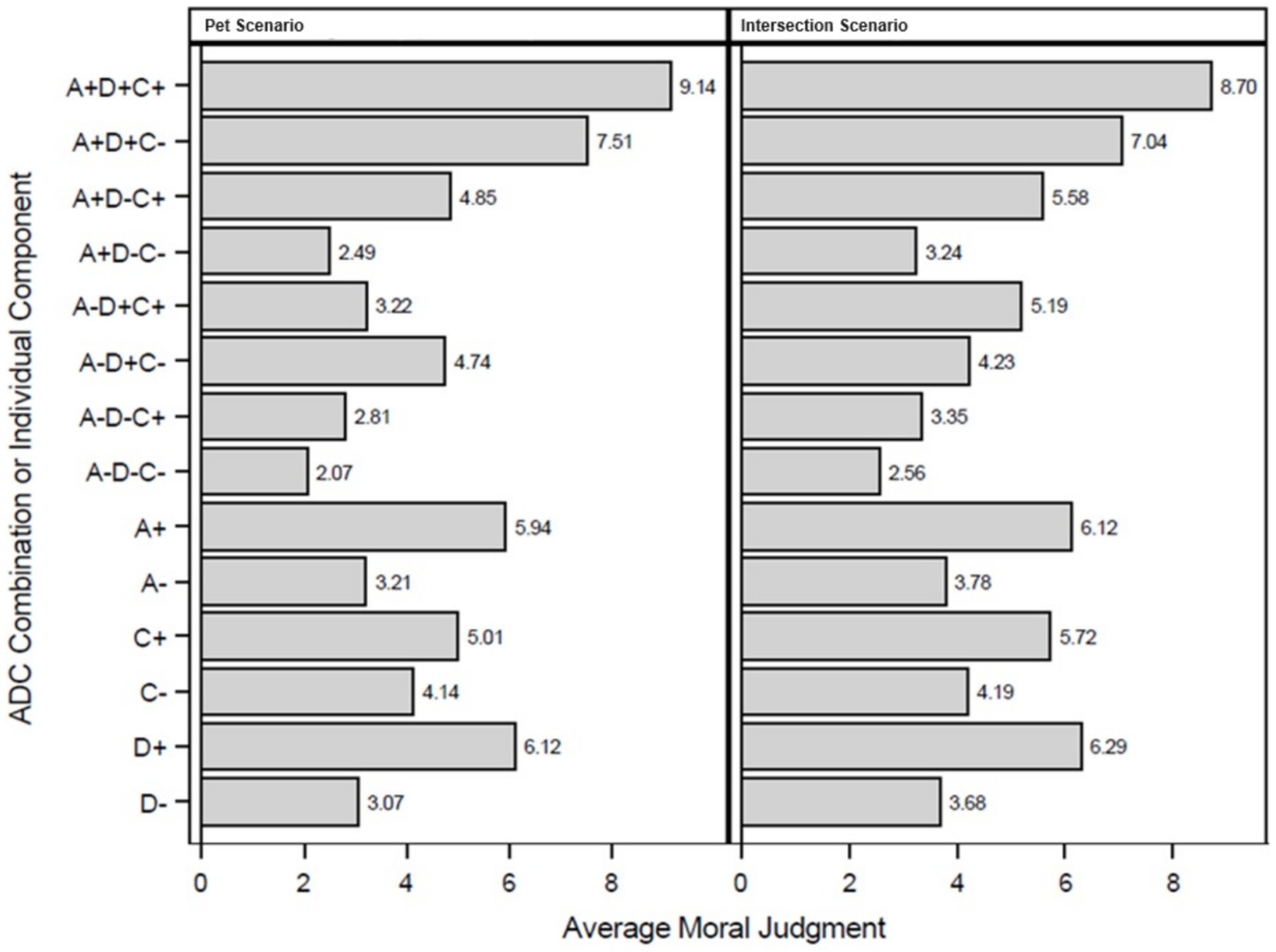2025-06-19 ノースカロライナ州立大学(NCState)
<関連情報>
- https://news.ncsu.edu/2025/06/moral-decision-testing-for-avs/
- https://www.frontiersin.org/journals/psychology/articles/10.3389/fpsyg.2025.1508763/full
道路上の道徳:リスクの低い交通ビネットにおけるADCモデル
Morality on the road: the ADC model in low-stakes traffic vignettes
Michael Pflanzer,Dario Cecchini,Sam Cacace,Veljko Dubljević
Frontiers in Physiology Published:09 June 2025
DOI:https://doi.org/10.3389/fpsyg.2025.1508763

Introduction: In recent years, the ethical implications of traffic decision-making, particularly in the context of autonomous vehicles (AVs), have garnered significant attention. While much of the existing research has focused on high-stakes moral dilemmas, such as those exemplified by the trolley problem, everyday traffic situations—characterized by mundane, low-stakes decisions—remain underexplored.
Methods: This study addresses this gap by empirically investigating the applicability of the Agent-Deed-Consequences (ADC) model in the moral judgment of low-stakes traffic scenarios. Using a vignette approach, we surveyed professional philosophers to examine how their moral judgments are influenced by the character of the driver (Agent), their adherence to traffic rules (Deed), and the outcomes of their actions (Consequences).
Results: Our findings support the primary hypothesis that each component of the ADC model significantly influences moral judgment, with positive valences in agents, deeds, and consequences leading to greater moral acceptability. We additionally explored whether participants’ normative ethical leanings–classified as deontological, utilitarian, or virtue ethics–influenced how they weighted ADC components. However, no moderating effects of moral preference were observed. The results also reveal interaction effects among some components, illustrating the complexity of moral reasoning in traffic situations.
Discussion: The study’s implications are crucial for the ethical programming of AVs, suggesting that these systems should be designed to navigate not only high-stakes dilemmas but also the nuanced moral landscape of everyday driving. Our work creates a foundation for stakeholders to integrate human moral judgments into AV decision-making algorithms. Future research should build on these findings by including a more diverse range of participants and exploring the generalizability of the ADC model across different cultural contexts.



